This book is a treatise on the Nosodes. The book talks about the symptoms of the diseases and there are the range of the medicines covered in the book is very vast. The way in which the symptoms of the diseases is given can be understood by the layman also. The problems of eyes and sight, ears and hearing, throat, stomach, head, skin, teeth, mouth and almost every body part is discussed in the book. The source from which the medicine is made up also been given.
In short, their book is very informative and useful for the people from the medical community as well as those having interest in Homeopathy.
ABOUT THE AUTHOR H.C. Allen
Henry C. Allen was born October 2, 1836 in the village of Nilestown, near London Ontario. He was a descendant of the Revolutionary War hero, Ethan Allen. He studied medicine at the College of Physicians and Surgeons in Ontario, Canada and received his homeopathic training at Western Homeopathic College (AKA Cleveland Homeopathic College) in Cleveland, Ohio where he graduated in 1861. After his graduation, he entered the Union Army, serving as a surgeon under General Ulysses S. Grant. After the Civil War Allen accepted the professorship of Anatomy at Cleveland and first started the practice of medicine. He later resigned this post to accept the same chair at the Hahnemann Medical College of Chicago. In 1875 he moved to Detroit and was appointed Professor of Materia Medica at the University of Michigan, Ann Arbor in 1880. In 1892 Allen helped found the Hering Medical College and was Dean and Professor of Materia Medica until his death. During his tenure, he was respected and loved as few men are during their lives. Allen was a member of several homeopathic societies including the AIH, IHA, and ones in England and India. In fact, Allen remained a member of the AIH to the end, where he upheld Hahnemannian principles, particularly in materia medica at their meetings and discussions. He was owner and editor of the Medical Advance for many years. Dr. Allen sustained his youthfulness and vitality in his later years. Even into his seventies he was as active and as physically vigorous as men half his age. Known for his quick wit he was welcomed at gatherings for his lively repartee and engaging anecdotes. Dr. Allen passed away on January 22, 1909 after working all day and seeing patients in the evening. Until his last days he was constantly working for the benefit of homeopathy.

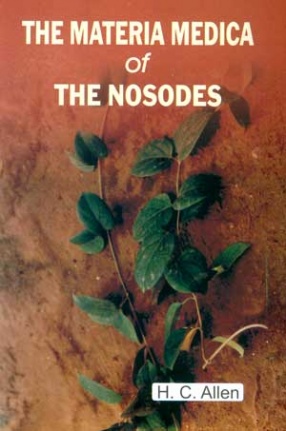
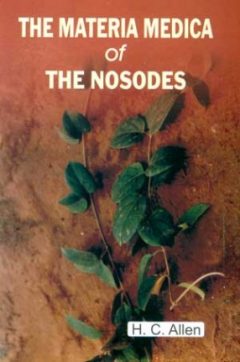
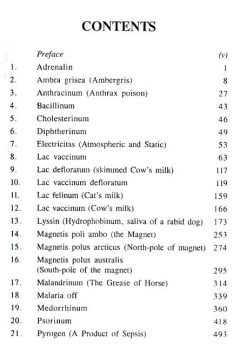
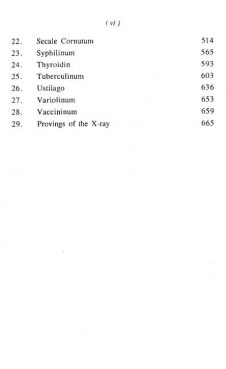
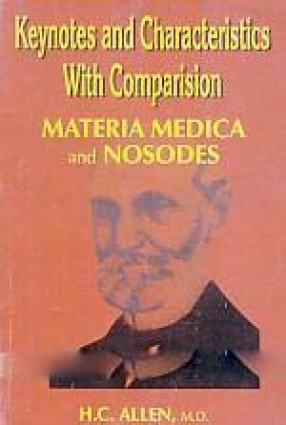

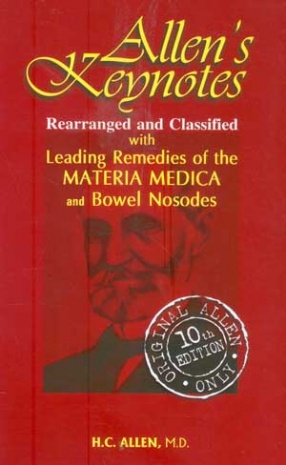
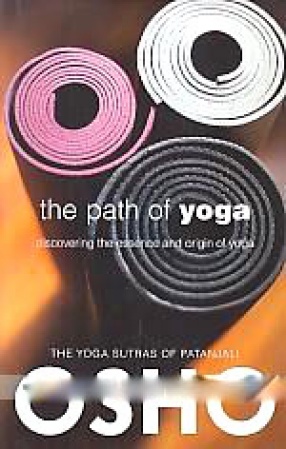
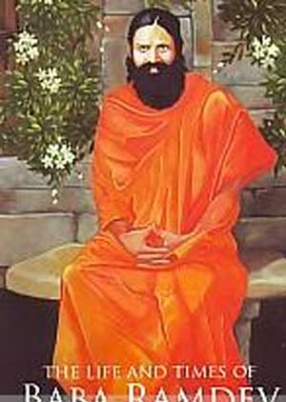
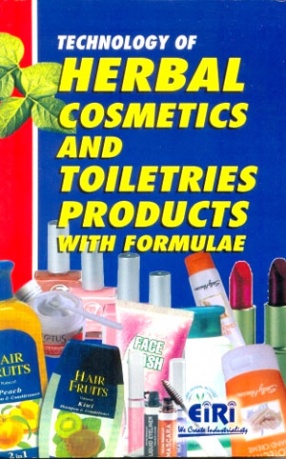
There are no reviews yet.